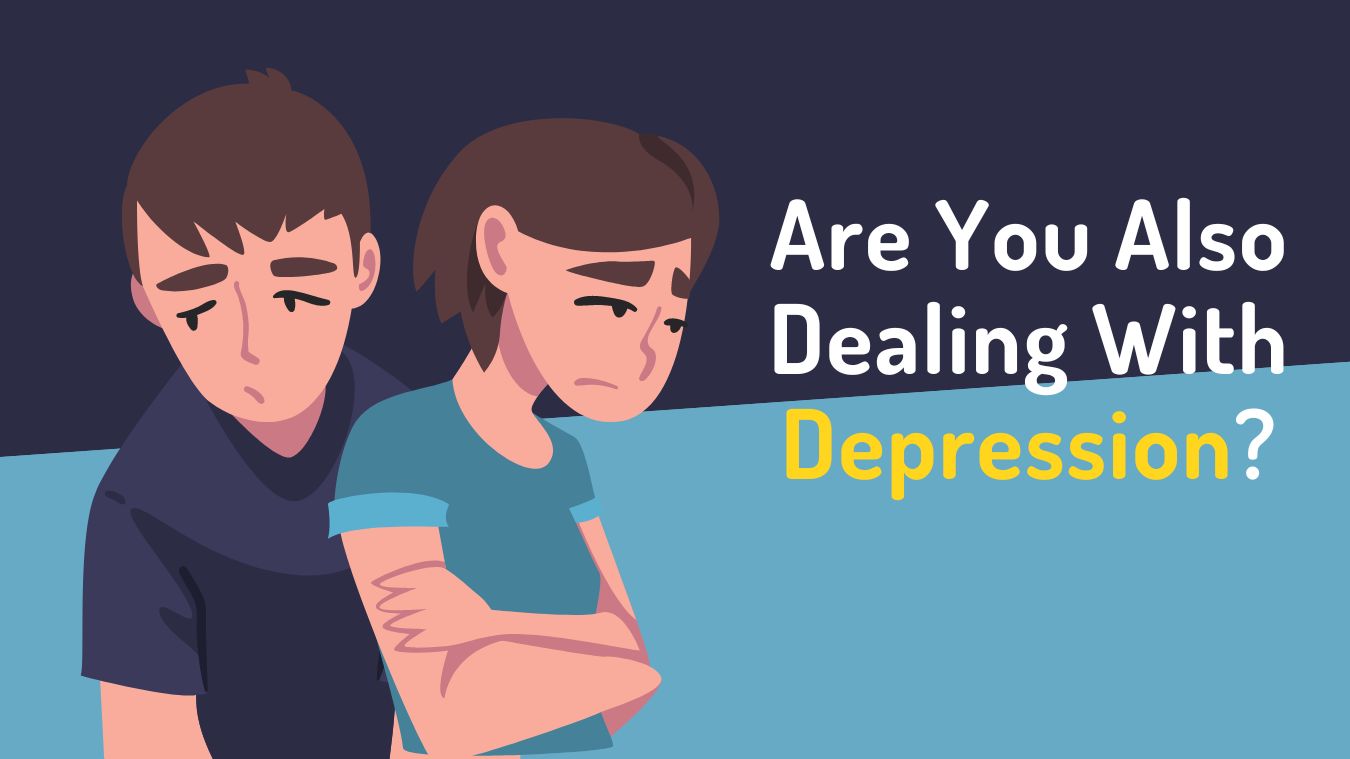- By Priyanka Munshi
- Fri, 05 Apr 2024 06:02 PM (IST)
- Source:JND
Depression is a prevalent mental health condition characterized by persistent sadness, negativity, and reduced enjoyment of activities. Also this issue is something which affects people of all ages and genders. Some of the symptoms of depression is like weight changes, fatigue, sleep disruptions, and thoughts about sucide. Untreated, depression can significantly impact daily life and interpersonal relationships. Seeking help from friends, family, or mental health specialists is crucial.
In a conversation with Jagran English, Dr. Saquib Sayyed, M.B.B.S., D.P.M., F.I.P.S., Consultant Neuro-Psychiatrist and Sexologist, Co-Founder of Medymind, talked about some coping strategies for dealing with depression.

Some of the symptoms of depression is like weight changes, fatigue, focusing difficulties, sleep disruptions, and suicidal thoughts.(Image Credit:Canva)
6 Coping Strategies For Dealing With Depression
Dr. Saquib said that dealing with depression can be emotionally exhausting, but certain coping strategies can help individuals manage their symptoms and improve their overall well-being.
Seek Professional Help
Consulting a mental health professional, like a therapist or psychiatrist, is important for the proper diagnosis and treatment of depression. Therapy, medication, or a combination of both is likely to be recommended based on the severity of symptoms.
Seek Support
Seeking support from friends, family members, or support groups can provide emotional comfort and practical assistance. Communicating openly about your feelings with trusted people can help alleviate feelings of isolation and loneliness.
Indulge In Self-Care Activities
Indulge in self-care activities, as this can help improve mood and overall mental health. This can include activities like exercising regularly, eating a balanced diet, getting enough sleep, and practicing relaxation techniques like meditation or deep breathing exercises.
Establish A Routine
Preparing a daily routine can provide a sense of stability and purpose, which can be very helpful for people dealing with depression. Setting small, achievable goals each day can help build motivation and a sense of accomplishment.
Challenge Negative Thoughts
Depression often involves negative thought patterns that contribute to feelings of hopelessness and despair. Cognitive-behavioral therapy (CBT) techniques can help people challenge these negative thoughts, replacing them with more realistic and positive beliefs.

Untreated, depression can significantly impact daily life and interpersonal relationships.(Image Credit:Canva)
Participate In Enjoyable Activities
Try to participate in activities that make you feel good, as these can help improve mood and increase feelings of pleasure. You can go for a walk, listen to music, or spend time in nature to have a positive impact on your mental well-being.
It's important to remember that coping with depression is a complex task that requires a comprehensive approach, said Dr. Saquib. What works for one person may not work for another. It may take time to find out what works best for you. Lastly, and most importantly, don't hesitate to seek professional help.

